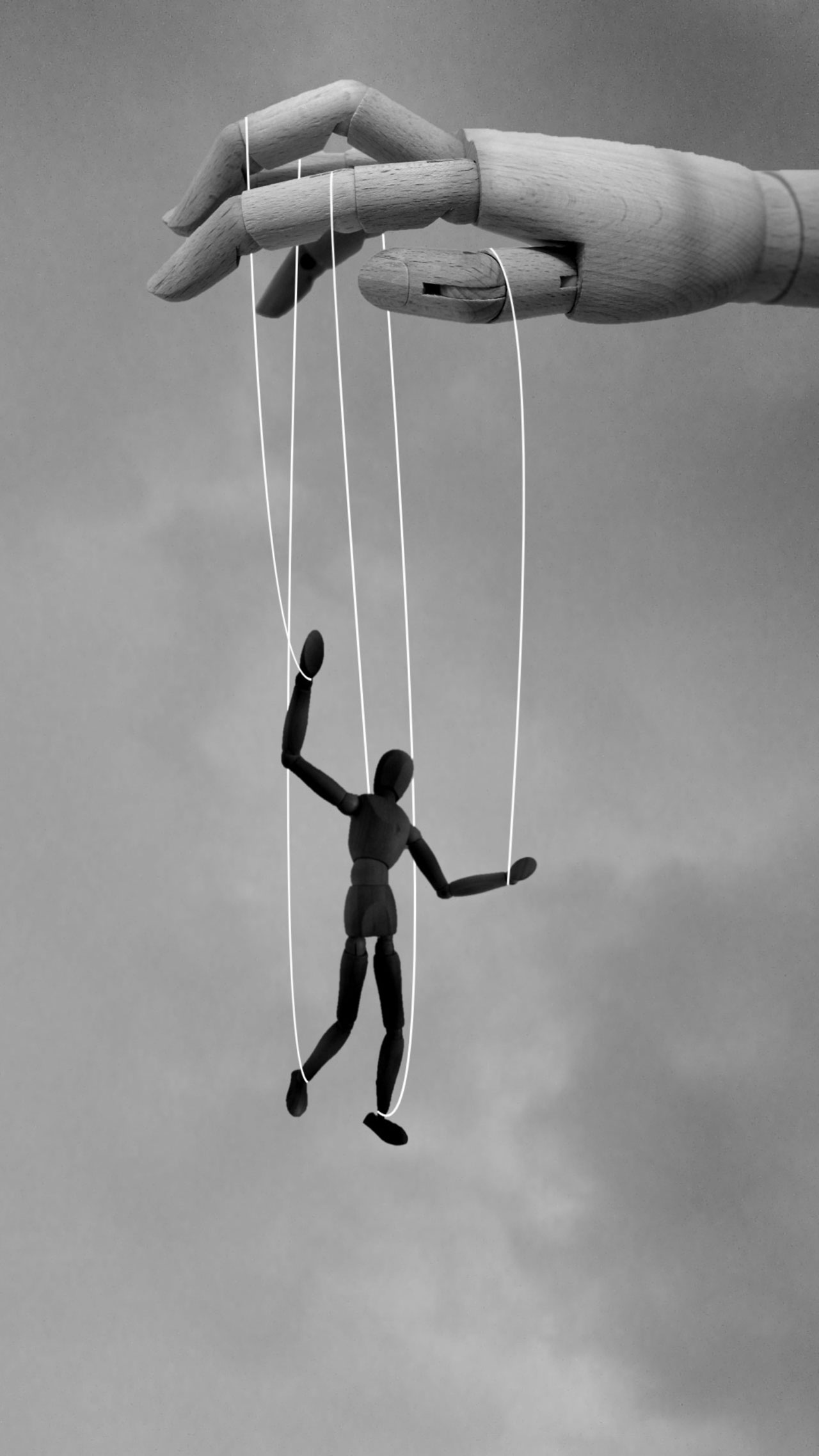
Being Right
By Jemy Gatdula

The view indeed is that foreign policy is merely but the extension of a country’s domestic goals. Events happening around the world have indicated that perhaps it goes deeper than that.
For a time, and very much particularly so between the 1930s to the 1980s, foreign affairs revolved mostly on the competition between democratic forms of governance — embodied by the West, identified emphatically as the US and UK (and to a certain extent, at least in our part of the world, the Philippines) — and totalitarian or fascistic governments of which the Soviet Union and Mao’s China were its prime avatars.
This shifted, inevitably involving some overlap with the aforementioned, to a dichotomy between the decentralized (mostly taking the identity of market oriented or capitalist economic systems) and centralized or controlled economies. The uptick of the US economy under Ronald Reagan, coupled with Japan’s ascent in the 1980s, essentially ended whatever ambitions that the then Soviet Union had at that time.
With the collapse of communist governments around the world, the focus on the economy became emphatic. Notwithstanding the financial crisis that shook Asia in the late 1990s and then the US about 10 years later, the impact of globalization and liberalized trade, first with the World Trade Organization and then afterwards with the varied free trade and trade related agreements (including, of course, ASEAN, APEC, NAFTA, RCEP, and whatever could be salvaged of or succeed the Trans-Pacific Partnership) have steadily and exponentially solidified.
Then something strange happened sometime around 2010 but which certainly had its roots much, much earlier, definitely from the 1960s but probably even as early as the start of the 20th century: a more pervasive and virulent form of Leftism which managed to dominate not only the academe and media but even the most unlikely of bedfellows — business corporations. Thus, “wokeism,” spearheaded by a pincer-like advance from critical race theory and intersectionality, managed to upend — at least for the moment — the best efforts that Reaganism and Pope Benedict XVI had made in laying the foundations for (what would be summarily labeled for now here as) a conservative society centered around family, religion, and subsidiarity.
This resulted in a conflict seemingly surprisingly more profound and existential than the previous two struggles described above: a battle for the ability to control the people’s capacity to perceive reality and even — quite astoundingly — to state if there is such a thing as reality or truth itself. Thus, the battles to determine the character and nature of the past and of historical figures’ roles and responsibility for today’s social condition, the definition of marriage, of the family, of the differences (ostensibly if there are indeed any) between men and women, and — the topic du jour — even to decide what is a woman.
And the stakes couldn’t be higher: a society that could not agree on a common set of values and the principles with which to view its history could hardly sustain itself for the future. And data upon scientific data have shown that countries with dysfunctional marriages and families could not be said to have a population that could be relied upon to provide societal stability and security, as well as economic productivity and vibrancy.
This then is the global setting that the Philippines under Ferdinand Marcos the Younger has found itself in: a Russia seeking to recover its primary place in world affairs through a centralized political and economic system, trying to impose its dominance in its part of the world, exemplified by its invasion of Ukraine, and yet strangely invoking a set of values and principles that is quite remote from its totalitarian instincts: a pro-life stance founded on the traditional marriage and the family, as well as respect for the immutability of one’s biological sex.
Equally eccentric is China, which succumbed to the inevitable superiority of a market economy. Yet, unrooted in Judeo-Christian values that emphasize individual freedom and dignity, it effected an economic miracle ultimately unsustainable due to its lack of humanity and moral anchor. China now faces a population collapse rooted in its ruthless attempts at population control and an economy teetering on the brink due to its dictatorial zero COVID policy. And — most difficult for it to admit — China, despite all its attempts to loan or buy its way with other countries, remains empty-handed when compared to the dominance that Iran (and to a certain extent Russia) has at least in their particular areas of the world.
The Philippines is thus given both a validation and a choice: that its inheritance of Judeo-Christian and Greco-Roman values, principles, and philosophies of governance coupled with its market economy orientation is seemingly fortuitous.
Whether Marcos the Younger will lead the country in standing up for such values and principles in navigating its way through today’s complex global situation is something we should hope for. At a time when the US has seemingly lost its way, somebody certainly has to.
Jemy Gatdula is a senior fellow of the Philippine Council for Foreign Relations and a Philippine Judicial Academy law lecturer for constitutional philosophy and jurisprudence
https://www.facebook.com/jigatdula/
Twitter @jemygatdula